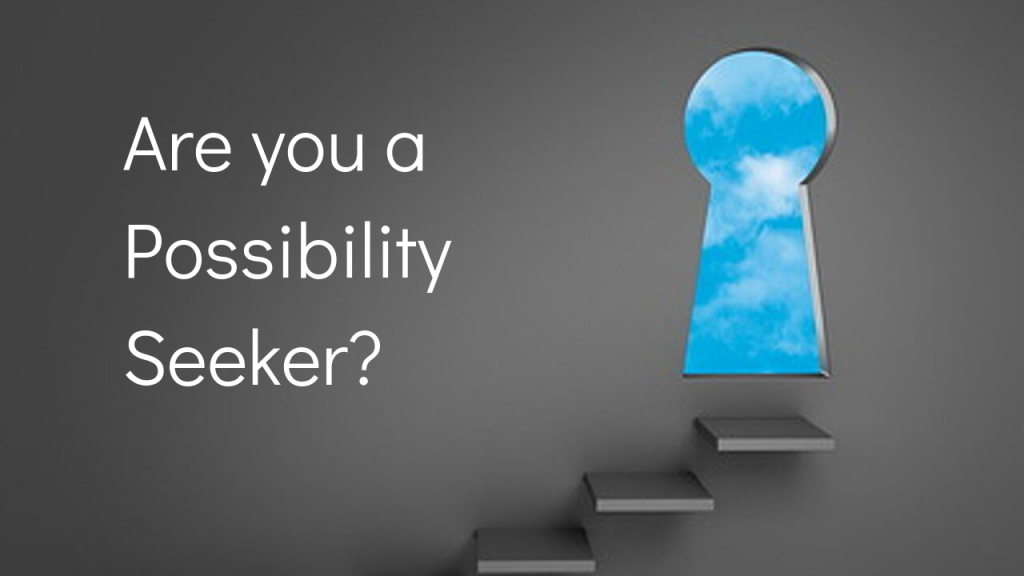Rainer Maria Rilke was born in Prague. The year was 1873. He became one of the most noteworthy poets of his generation. What was of interest to me was the fact that he was known for his time as the poet that was moving the work from more traditional writings to modern language. The world it would seem has always been in some sort of transition. Just as we are now.
 I learned about Rilke after coming across a quote from him. It was one of those moments in time where you have to stop and soak it in.
I learned about Rilke after coming across a quote from him. It was one of those moments in time where you have to stop and soak it in.
So many of us in this “baby boomer” generation find ourselves in far more than the expected times of transition. We find ourselves in uncharted waters, territory unfamiliar to us. We too are finding a need to go from what we expected (the traditional) to a new reality (modern).
As determined as we may be to find answers, sometimes we need to stop for a moment or two before those can be revealed. Sometimes, Rilke suggests, we need to live in the question for a bit. And live our way into the answer.
“Have patience with everything unresolved in your heart
and try to love the questions themselves,
as if they were locked rooms or books written in a very foreign language.
Don’t search for the answers, which could not be given to you now,
because you would not be able to live them.
And the point is to live everything. Live the question now.
Perhaps then, some day far in the future,
you will gradually without even noticing it,
live your way into the answer.”
– Rainer Maria Rilke
Words worth remembering. Wisdom worth thinking about.
So simple. So effective.












